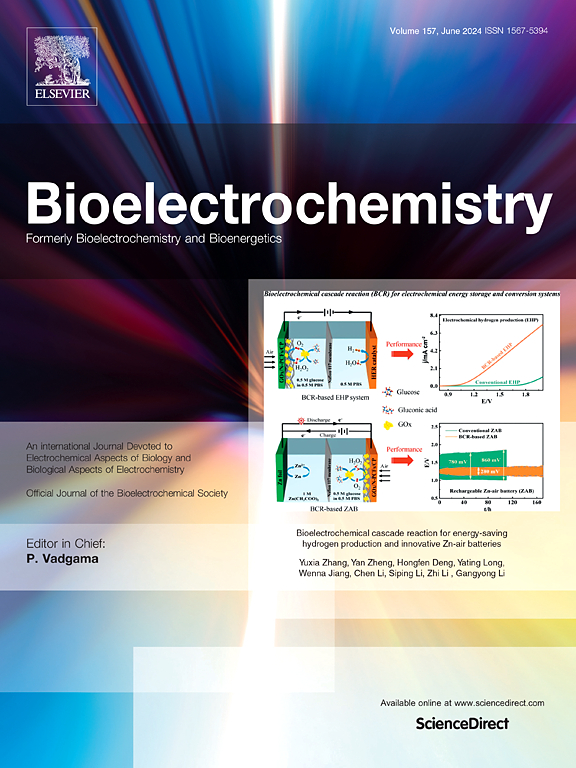Brain receptor dynamics in early and adult life stress: Gateways to maladaptive coping strategies
IF 3.6
2区 医学
Q1 NEUROSCIENCES
引用次数: 0
Abstract
Stress plays a significant role in the onset of numerous psychiatric disorders. Depending on individual resilience or stressor's nature, long-term changes to stress in the brain can lead to a wide range of behavioral symptoms, including social withdrawal, feelings of helplessness, and emotional overeating. The brain receptor molecules are key mediators of these processes, translating neuromodulatory signals into neuronal responses or circuit activity changes that ultimately shape behavioral outcomes. Here, I highlight several of my previous studies that reveal the pivotal role of receptor molecules in critical brain regions such as the nucleus accumbens, lateral hypothalamus, and lateral septum. I identified how mGluR5 signaling in the nucleus accumbens promotes stress resilience through pathways involving ΔFosB and SRF, while leptin receptor or glucocorticoid receptor signaling within lateral hypothalamic circuits contributes to stress eating. Additionally, I uncovered the role of dopamine receptor 3 signaling in the lateral septum in mediating the impact of early life stress on social behaviors. These findings underscore the functional relevance of brain receptor molecules in transducing stress—from early life through adulthood—into maladaptive coping behaviors. As druggable targets, these receptor-mediated pathways provide a critical foundation for developing targeted interventions to alleviate stress-related psychiatric symptoms.
早期和成年生活压力中的脑受体动态:适应不良应对策略的途径。
压力在许多精神疾病的发病中起着重要作用。根据个人的适应能力或压力源的性质,大脑中压力的长期变化会导致各种各样的行为症状,包括社交退缩、无助感和情绪性暴饮暴食。脑受体分子是这些过程的关键介质,将神经调节信号转化为神经元反应或电路活动变化,最终形成行为结果。在这里,我重点介绍了我之前的几项研究,这些研究揭示了受体分子在大脑关键区域(如伏隔核、外侧下丘脑和外侧隔膜)中的关键作用。我确定了伏隔核中的mGluR5信号传导如何通过ΔFosB和SRF通路促进应激恢复,而下丘脑外侧回路中的瘦素受体或糖皮质激素受体信号传导有助于应激进食。此外,我还发现了侧隔膜中多巴胺受体3信号在调节早期生活压力对社会行为的影响中的作用。这些发现强调了大脑受体分子在从早期生活到成年期的应激转导到适应不良应对行为中的功能相关性。作为药物靶点,这些受体介导的途径为开发有针对性的干预措施以减轻压力相关的精神症状提供了重要的基础。
本文章由计算机程序翻译,如有差异,请以英文原文为准。
求助全文
约1分钟内获得全文
求助全文
来源期刊

Neurobiology of Stress
Biochemistry, Genetics and Molecular Biology-Biochemistry
CiteScore
9.40
自引率
4.00%
发文量
74
审稿时长
48 days
期刊介绍:
Neurobiology of Stress is a multidisciplinary journal for the publication of original research and review articles on basic, translational and clinical research into stress and related disorders. It will focus on the impact of stress on the brain from cellular to behavioral functions and stress-related neuropsychiatric disorders (such as depression, trauma and anxiety). The translation of basic research findings into real-world applications will be a key aim of the journal.
Basic, translational and clinical research on the following topics as they relate to stress will be covered:
Molecular substrates and cell signaling,
Genetics and epigenetics,
Stress circuitry,
Structural and physiological plasticity,
Developmental Aspects,
Laboratory models of stress,
Neuroinflammation and pathology,
Memory and Cognition,
Motivational Processes,
Fear and Anxiety,
Stress-related neuropsychiatric disorders (including depression, PTSD, substance abuse),
Neuropsychopharmacology.
 求助内容:
求助内容: 应助结果提醒方式:
应助结果提醒方式:


